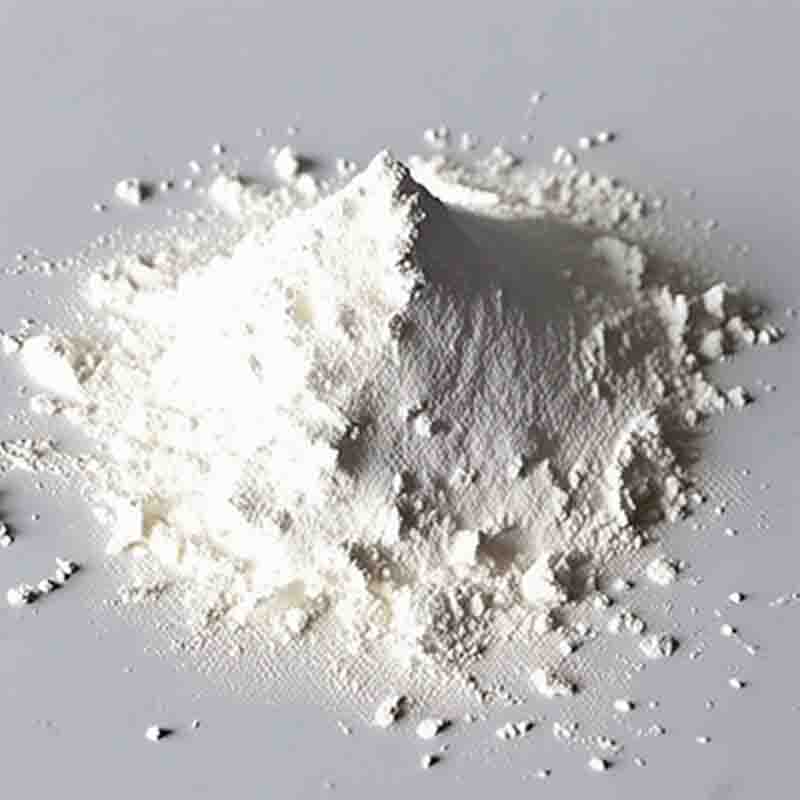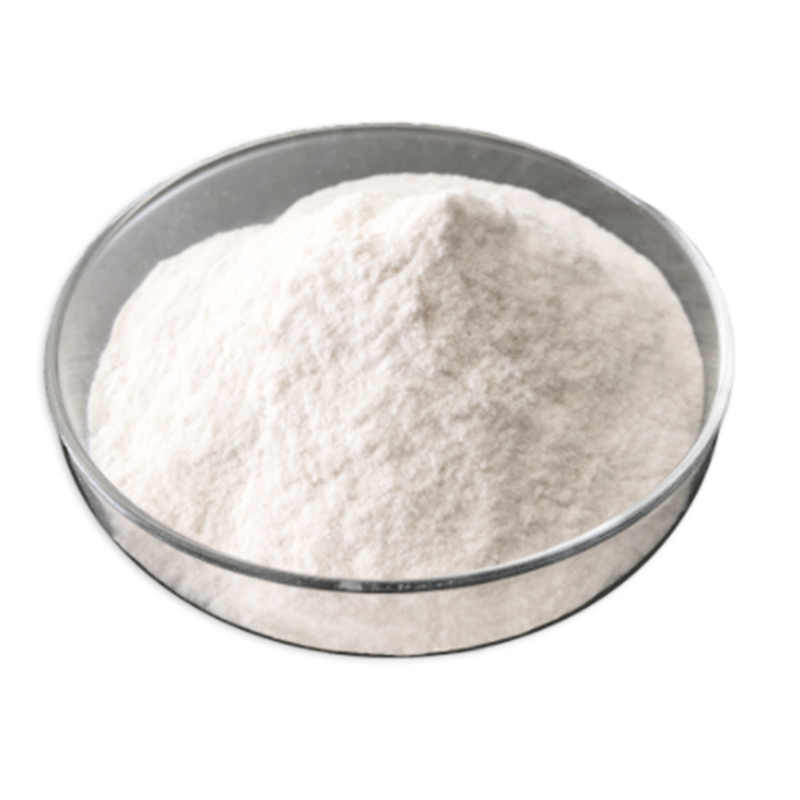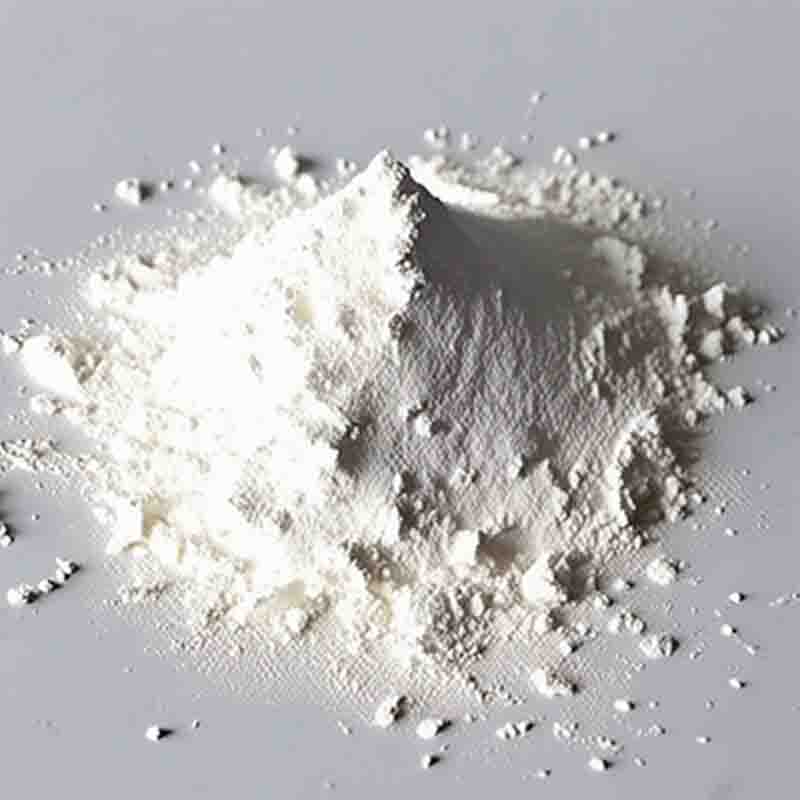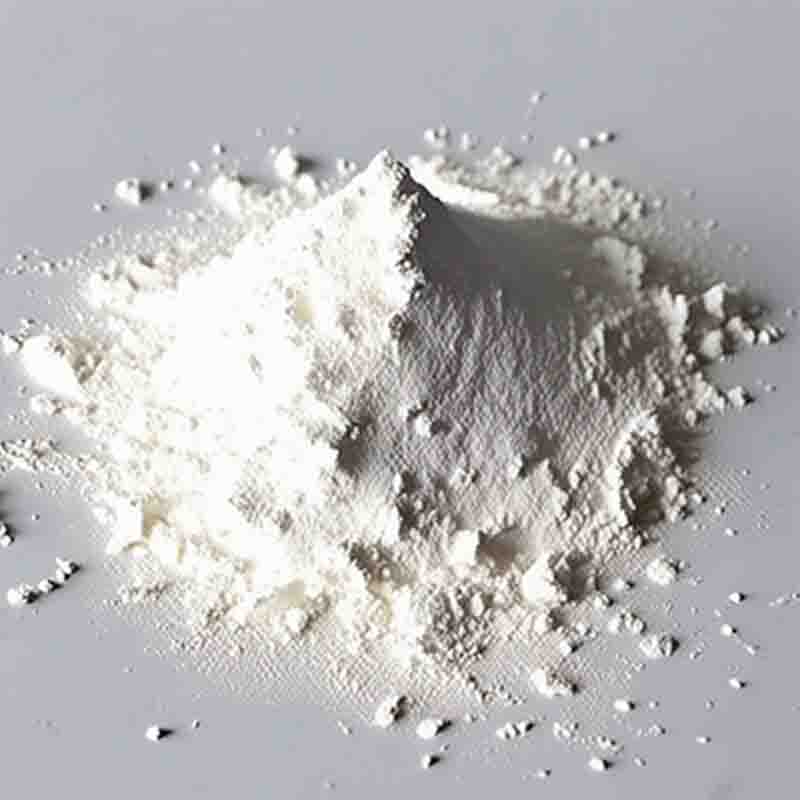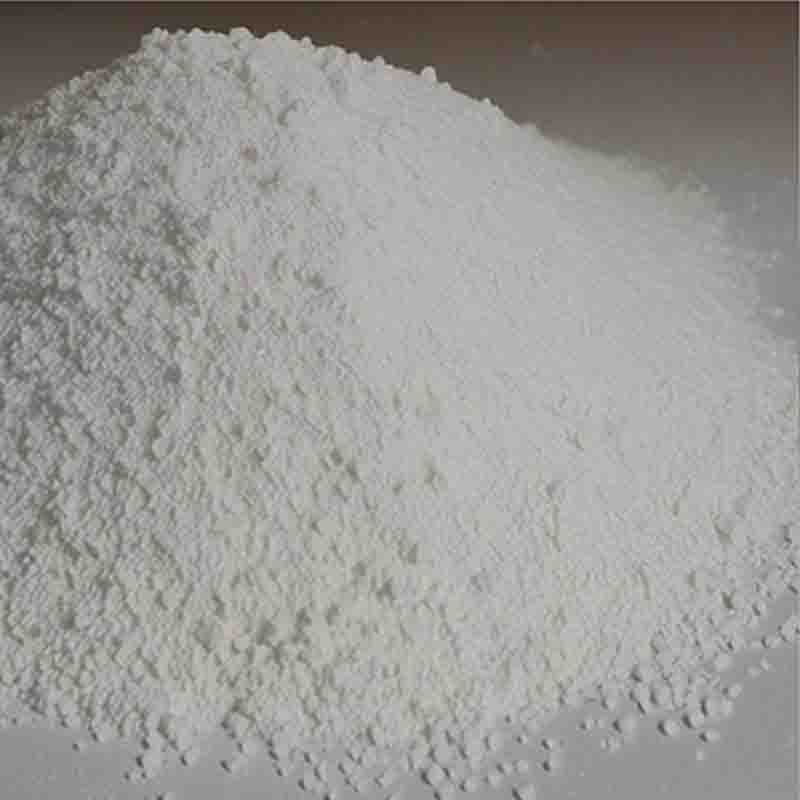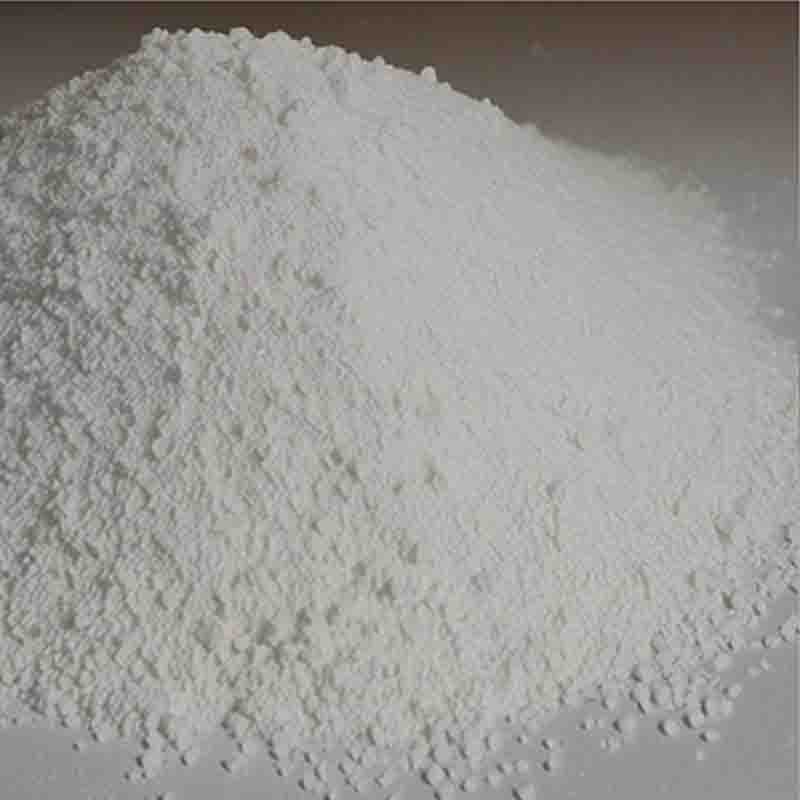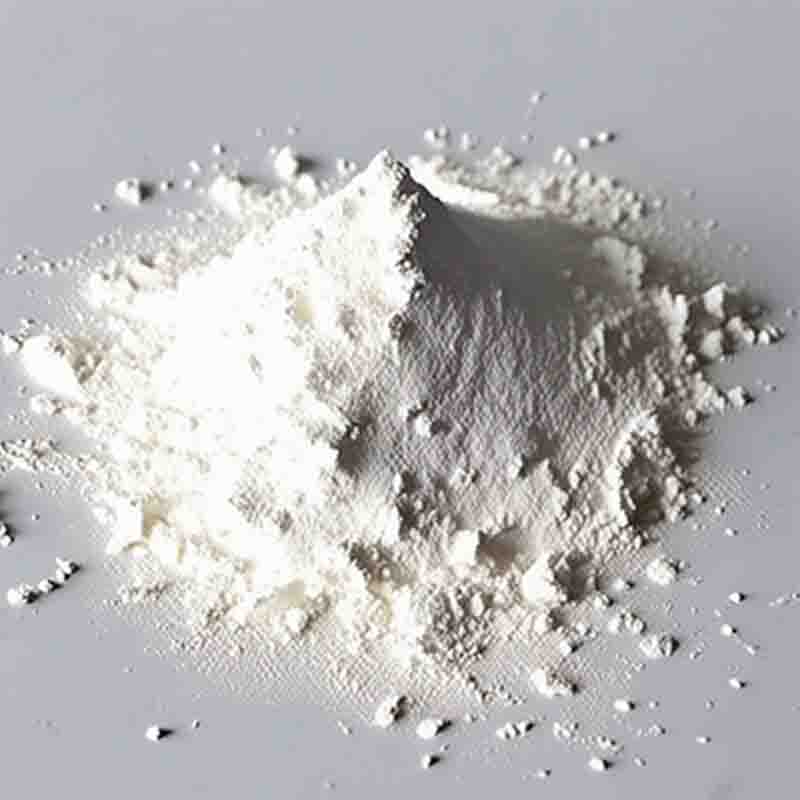PAP CAS: 3973-17-9
| Catalog Number | XD93949 |
| Product Name | PAP |
| CAS | 3973-17-9 |
| Molecular Formula | C6H10O2 |
| Molecular Weight | 114.14 |
| Storage Details | Ambient |
Product Specification
| Appearance | White powder |
| Assay | 99% min |
Primary aldosteronism (PAP) is a medical condition characterized by the overproduction of aldosterone hormone by the adrenal glands. Aldosterone plays a crucial role in regulating blood pressure and electrolyte balance in the body. In PAP, the excess aldosterone leads to increased sodium retention and potassium excretion, resulting in hypertension and other associated symptoms.The main treatment approach for PAP is through medication, which aims to normalize aldosterone levels and control blood pressure. One commonly prescribed class of drugs for PAP is mineralocorticoid receptor antagonists (MRAs). MRAs, such as spironolactone and eplerenone, competitively block the receptors for aldosterone in the kidneys, preventing its actions. By inhibiting aldosterone, MRAs help to reduce sodium reabsorption and potassium excretion, leading to a rebalancing of electrolytes and a decrease in blood pressure.The use of MRAs in PAP has shown significant efficacy in managing the symptoms and complications associated with the condition. They have been found to effectively lower blood pressure, reduce fluid retention, and normalize electrolyte levels. MRAs are preferred in PAP treatment due to their specific mechanism of action targeting the aldosterone pathway.When initiating MRA treatment, careful monitoring of blood pressure, electrolytes, and kidney function is essential. Dosages may need adjustment based on individual patient responses and tolerability. Regular follow-up appointments are necessary to assess treatment effectiveness and monitor any potential side effects or complications.In addition to medication, lifestyle modifications are also an important part of managing PAP. These include adopting a low-sodium diet, maintaining a healthy weight, engaging in regular exercise, and avoiding excessive alcohol consumption. These lifestyle changes can further support blood pressure control and optimize overall cardiovascular health.It is crucial for individuals with PAP to work closely with healthcare professionals, including endocrinologists and nephrologists, to ensure proper diagnosis, treatment, and management of the condition. Ongoing monitoring and periodic evaluations are necessary to assess treatment effectiveness and make any necessary adjustments.In conclusion, the use of mineralocorticoid receptor antagonists (MRAs) is a primary treatment approach in managing primary aldosteronism (PAP). MRAs help normalize aldosterone levels, rebalance electrolytes, and control blood pressure. They play a significant role in reducing the symptoms and complications associated with PAP. However, close medical supervision and lifestyle modifications are essential components of comprehensive PAP management.


